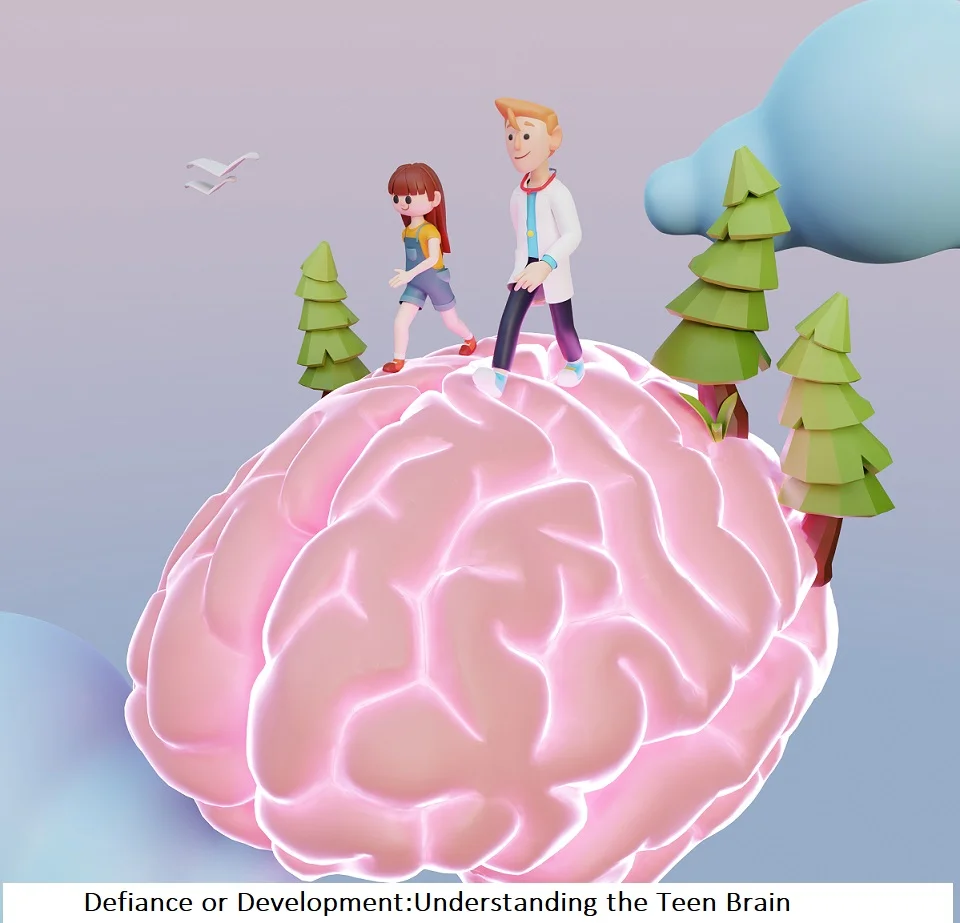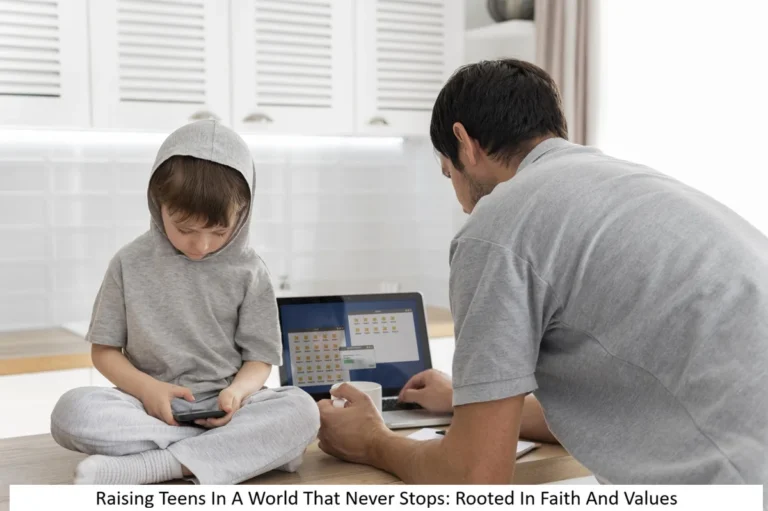
If you’ve ever found yourself in a heated argument with your teenager over something that seems incredibly trivial, you’re not alone. You ask them to put their dish in the dishwasher and are met with a dramatic sigh. You remind them about a homework deadline and get an eye-roll that could power a small wind turbine. The immediate reaction is to label it as pure, unadulterated defiance. But what if it’s something else entirely?
Neuroscience reveals that what we often interpret as intentional disrespect is frequently a byproduct of incredible brain growth. Understanding this isn’t about making excuses; it’s about shifting our perspective to respond more effectively.
The Construction Zone of the Teen Brain
The prefrontal cortex—the part of the brain responsible for impulse control, emotional regulation, and decision-making—is undergoing a massive renovation during adolescence. It’s like the brain’s CEO is on an extended lunch break while the emotional, reactive part (the limbic system) is running the show at full volume.
This biological reality explains so much:
- The impulsivity: They act without thinking because the brake pedal isn’t fully installed yet.
- The emotionality: Their reactions are big because the emotional center is hypersensitive without the prefrontal cortex to moderate it.
- The frustration: They genuinely struggle to articulate why they’re upset because the brain is still building those connective pathways.
When you see their behavior through this lens, it becomes less of a personal attack and more of a neurological phase. This crucial development stage is challenging but temporary.
Worth Reading :Digital Detox for Kids: Creative Ways to Divert Them from Social Media
How to Respond with This New Perspective
Armed with this knowledge, our approach to discipline needs to evolve from punishment to guidance. The goal isn’t to control but to coach the skills they are missing.
- Connect Before You Correct: Start the conversation by acknowledging the emotion. Try saying, “You seem really frustrated. Want to talk about it?” This calms the nervous system and makes them more receptive to problem-solving later. You’re addressing the need for emotional development before addressing the rule broken.
- Make It a Teaching Moment: Instead of launching into a lecture, ask questions that guide them to think critically. “What was the outcome of that choice?” or “How could you handle that differently next time?” This helps build those neural pathways in the prefrontal cortex that we want to strengthen.
- Collaborate on Consequences: Ditch the top-down decrees. If screen time is a battle, sit down together and create a plan. “We both agree that getting your work done is the priority. What’s a fair way to make sure that happens?” This teaches responsibility and is far more effective than a parent-imposed punishment met with resentment.
The Bottom Line
The next time you’re faced with a slamming door or a grumpy retort, take a deep breath and ask yourself: “Is this defiance or development?” Nine times out of ten, it’s a complicated mix of both. Your teen is pushing against boundaries because they are hardwired to become independent. Our job isn’t to break their will, but to help them shape it—with patience, connection, and a solid understanding of the amazing construction project happening inside their heads.
FAQs
The teenage brain is still developing, especially the prefrontal cortex, which controls decision-making and impulse control. Because this part matures slowly, teens may act out or react emotionally even when they don’t intend to misbehave.
What looks like defiance is often a mix of emotional sensitivity and underdeveloped self-regulation. Teens react quickly because the emotional part of the brain develops faster than the logical part. It’s not always disrespect—it’s neurological.
Parents can discipline more effectively by shifting from punishment to coaching. When you understand how the teen brain works, you can use calm conversations, collaborative rules, and teaching moments instead of harsh consequences that escalate conflict.
The best approach is to stay calm, connect with their feelings, and respond after the emotional wave passes. Acknowledging their frustration before correcting the behavior helps their nervous system settle and builds trust.
When parents understand brain science, they stop taking reactions personally. They can see impulsive behavior as part of development, not deliberate disrespect. This reduces arguments and improves communication.
Positive strategies include setting clear boundaries, involving teens in decision-making, asking reflective questions, and using natural consequences. These methods strengthen critical thinking and help teens build self-control.


